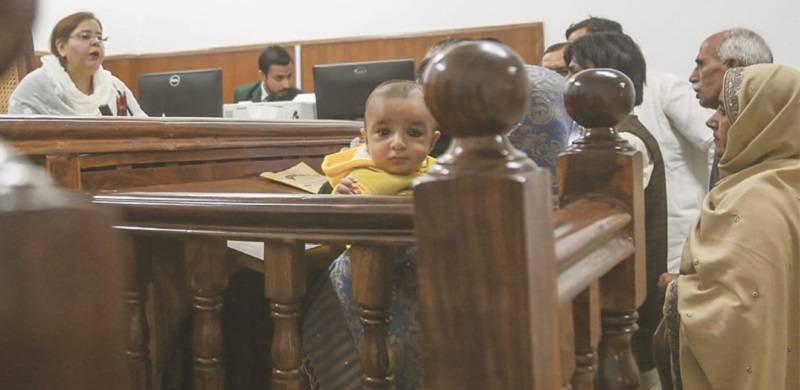
Senate has approved the Guardians and Wards (Amendment) Act 2020, that calls for granting divorced or widowed women custody of their biological children up to age of seven for male children and 16 or the age of puberty for female children.
The bill, which was passed in the Upper House and will now move to the National Assembly, clarifies existing case law and further codifies custody factors in relevant family law cases, establishing a hierarchy of preferences for child custody.
The bill awards preference to the biological mother in cases of divorce or the death of the father, for sons under seven years old and prepubescent daughters. If the mother is unavailable to care for the child, the custody shall pass to the maternal grandmother, and successively to paternal grandmother, full sister, uterine sister, consanguine sister, full sister’s daughter, uterine sister’s daughter, consanguine sister’s daughter, mother’s sister and father’s sister.
If none of the women in the line of maternal succession are available to care for the child, then the child custody may pass to the paternal lineage, starting with the father, maternal grandfather, paternal grandfather, full brother, uterine brother, consanguine brother, full brother’s son, uterine brother’s son and consanguine brother’s son.
Male children above the age of seven and female children above the age of 10 will be given the opportunity to state their preference for custody.
The bill was introduced in the Senate by Pakistan People's Party (PPP) Senator Farooq H. Naek as a private member’s bill.
The bill, which was passed in the Upper House and will now move to the National Assembly, clarifies existing case law and further codifies custody factors in relevant family law cases, establishing a hierarchy of preferences for child custody.
The bill awards preference to the biological mother in cases of divorce or the death of the father, for sons under seven years old and prepubescent daughters. If the mother is unavailable to care for the child, the custody shall pass to the maternal grandmother, and successively to paternal grandmother, full sister, uterine sister, consanguine sister, full sister’s daughter, uterine sister’s daughter, consanguine sister’s daughter, mother’s sister and father’s sister.
If none of the women in the line of maternal succession are available to care for the child, then the child custody may pass to the paternal lineage, starting with the father, maternal grandfather, paternal grandfather, full brother, uterine brother, consanguine brother, full brother’s son, uterine brother’s son and consanguine brother’s son.
Male children above the age of seven and female children above the age of 10 will be given the opportunity to state their preference for custody.
The bill was introduced in the Senate by Pakistan People's Party (PPP) Senator Farooq H. Naek as a private member’s bill.

